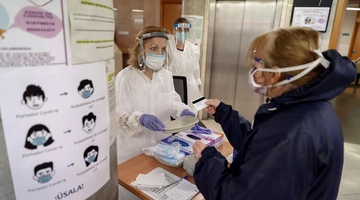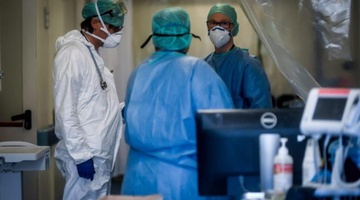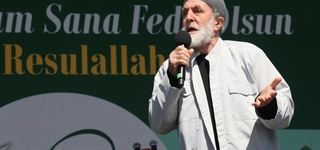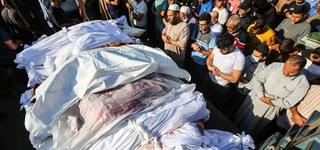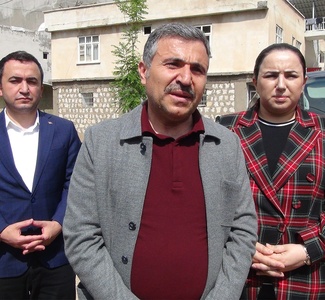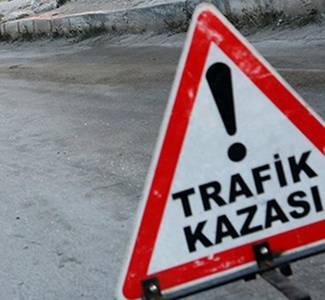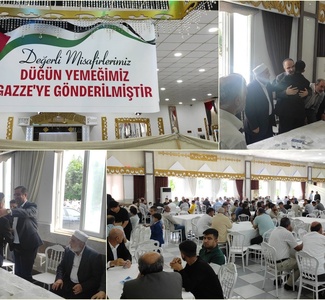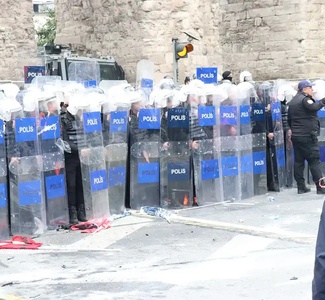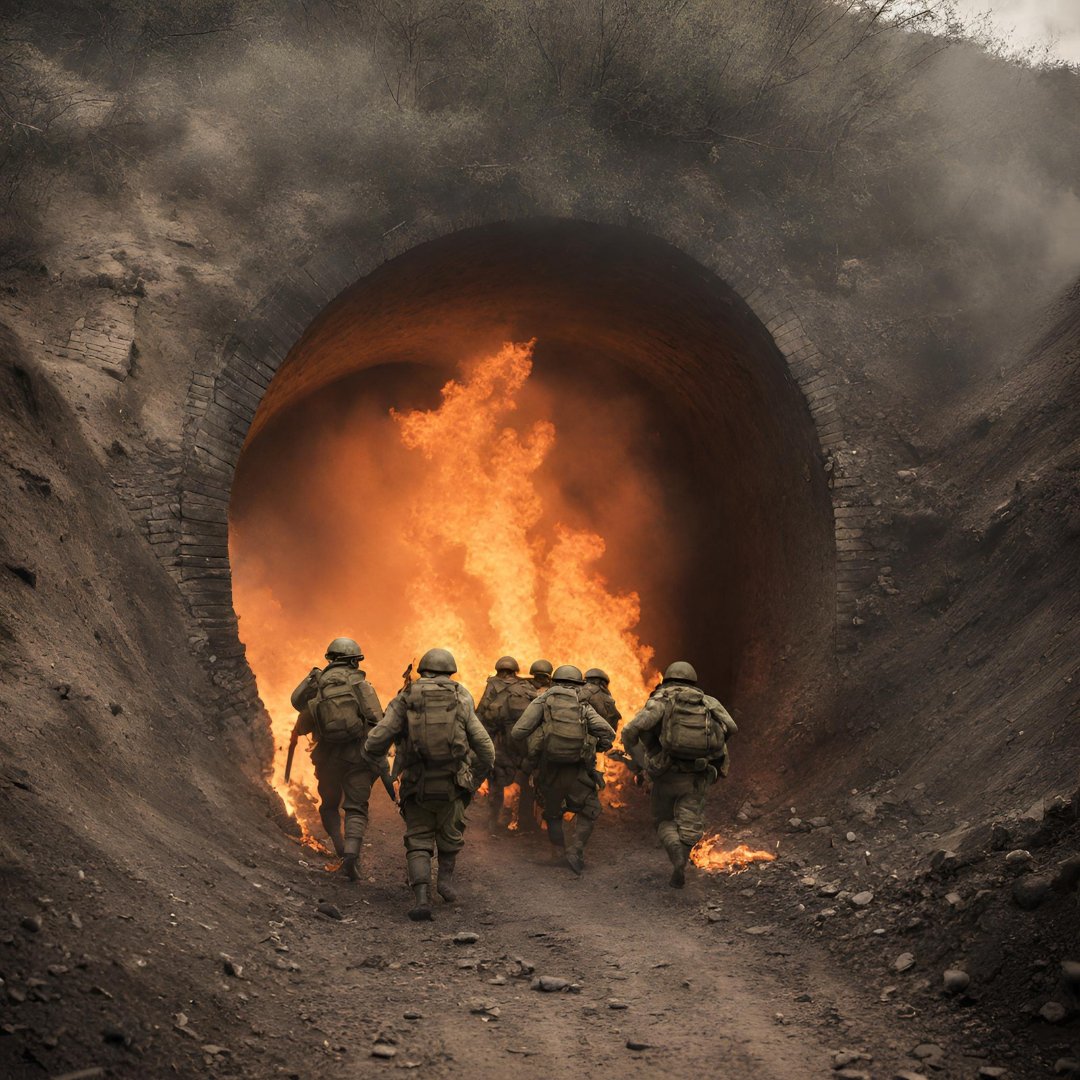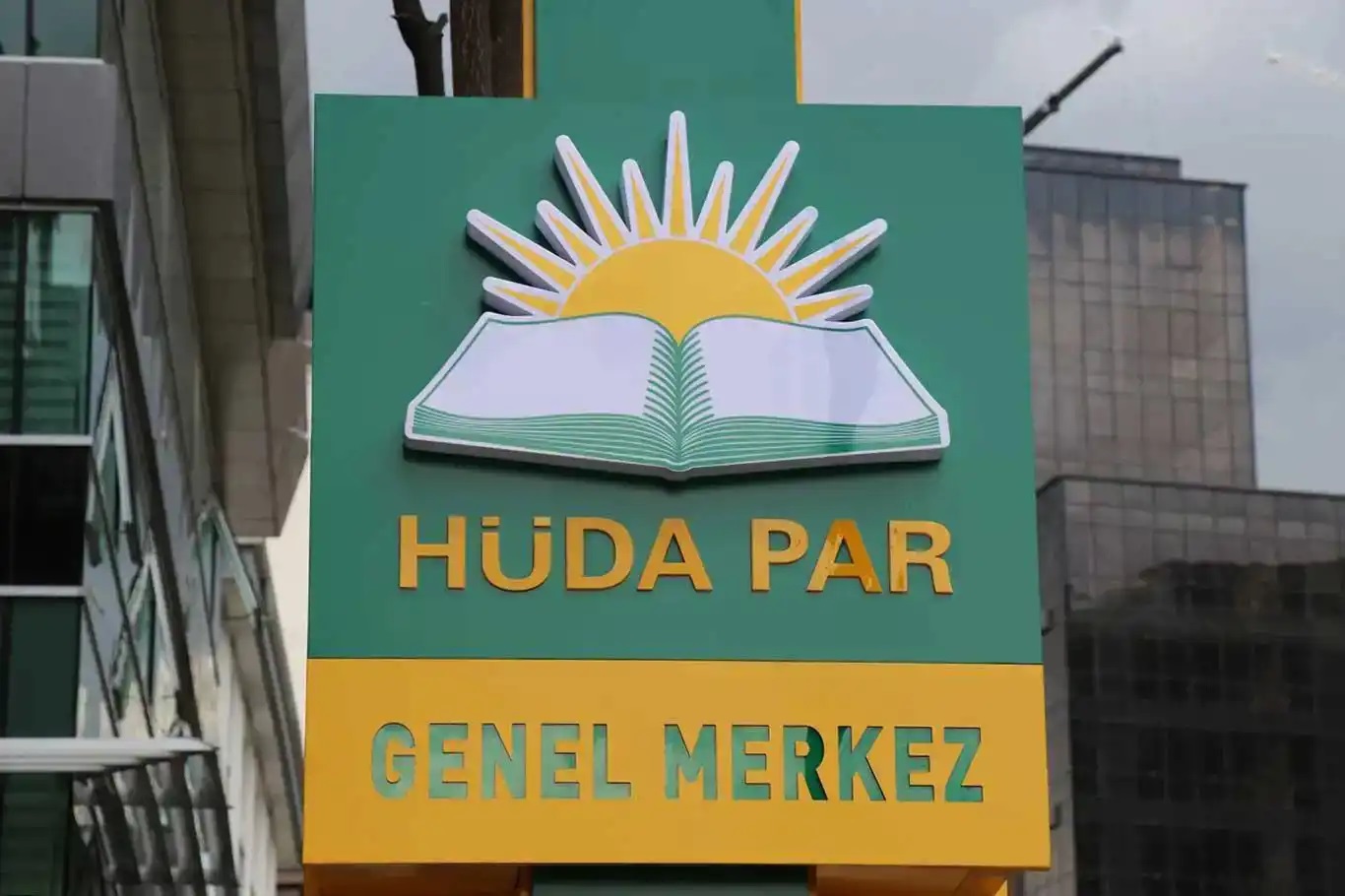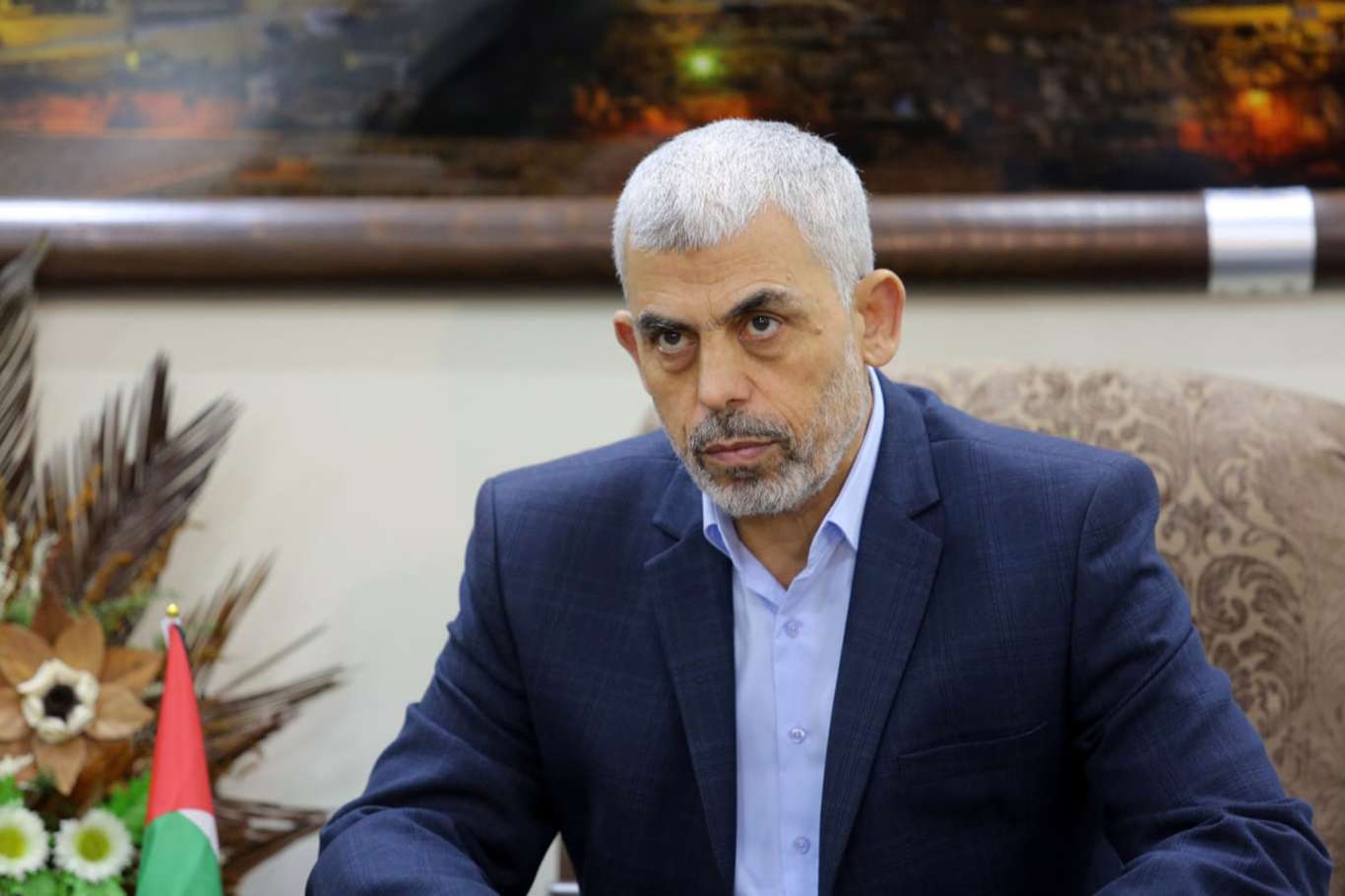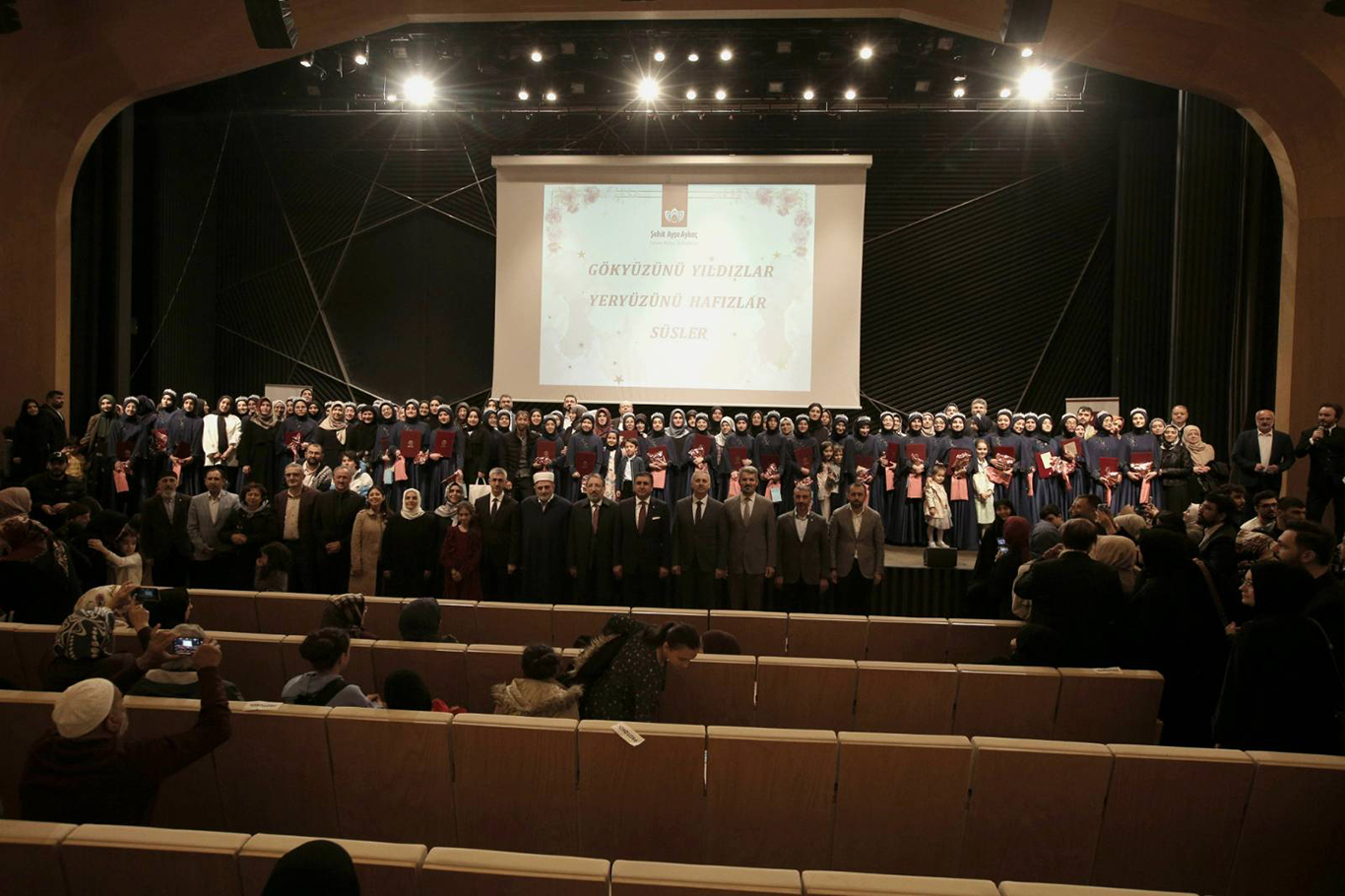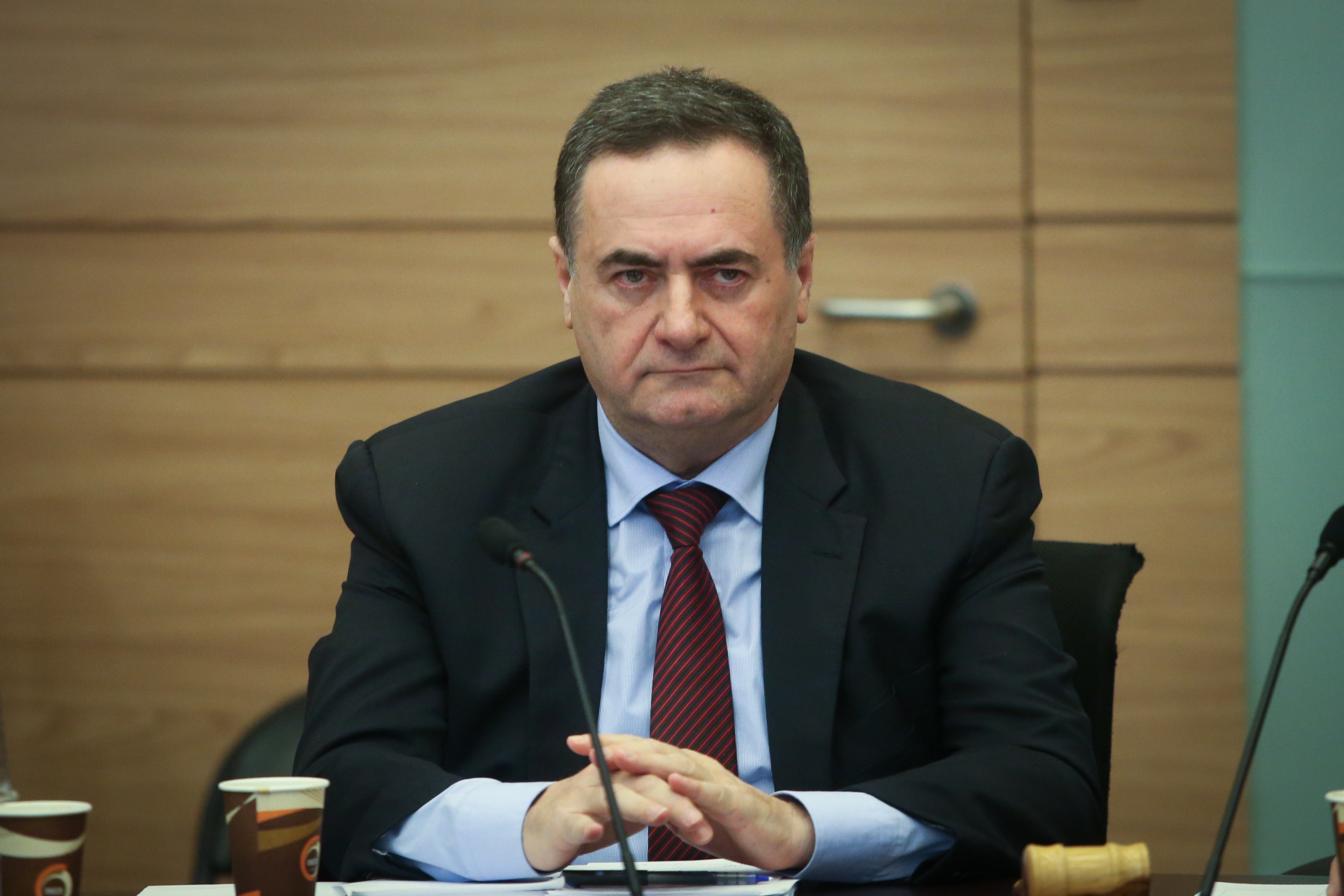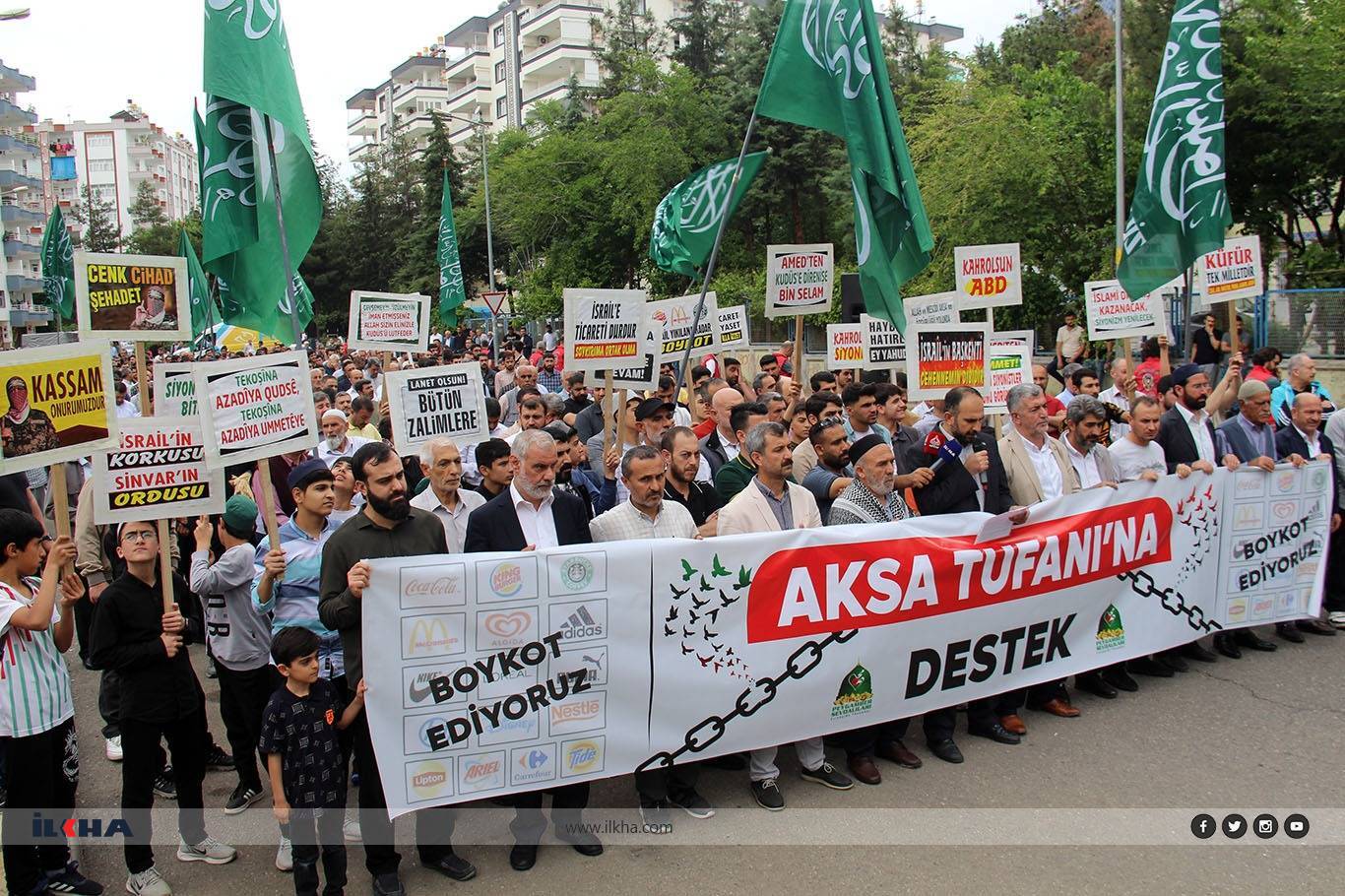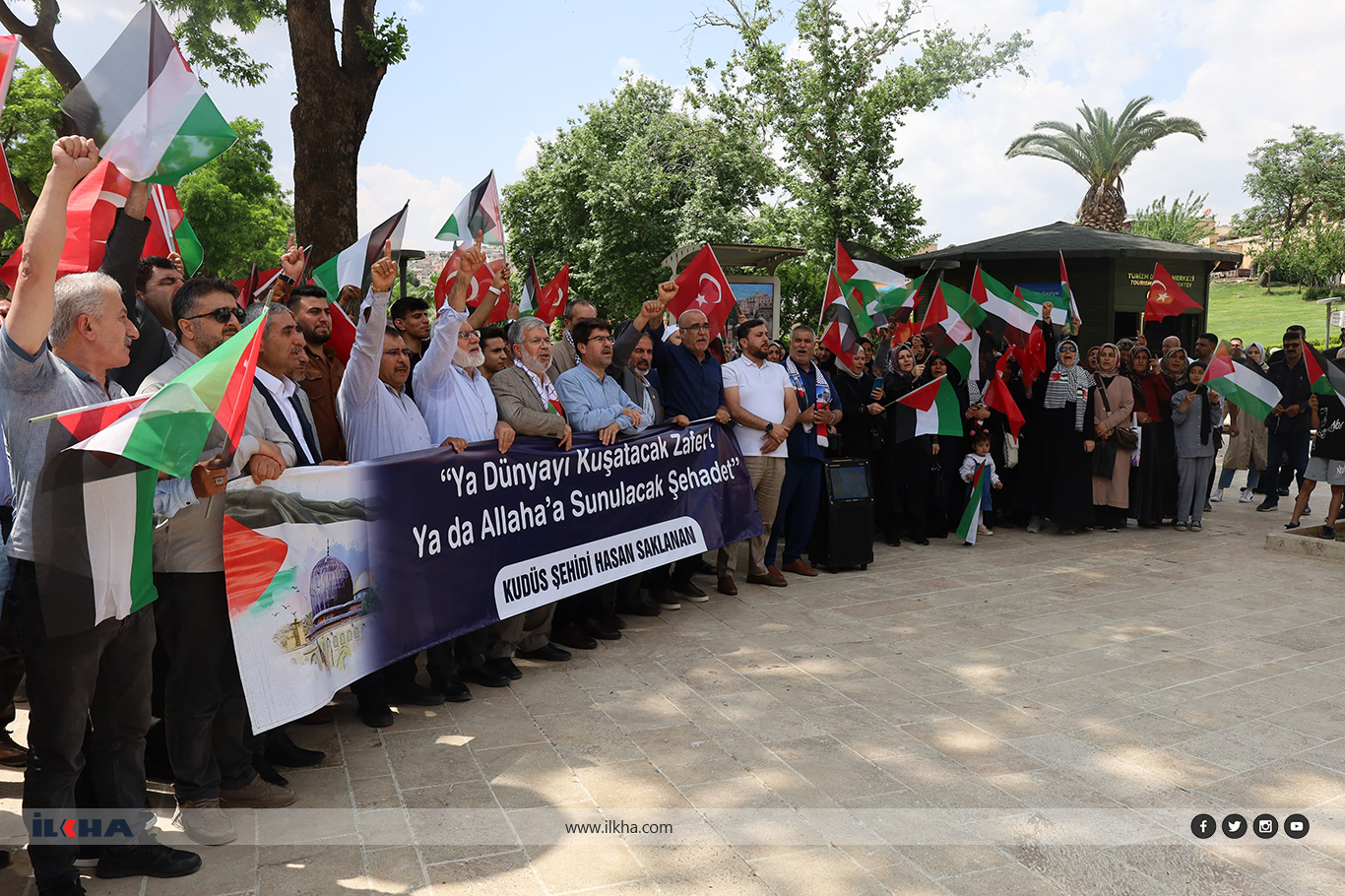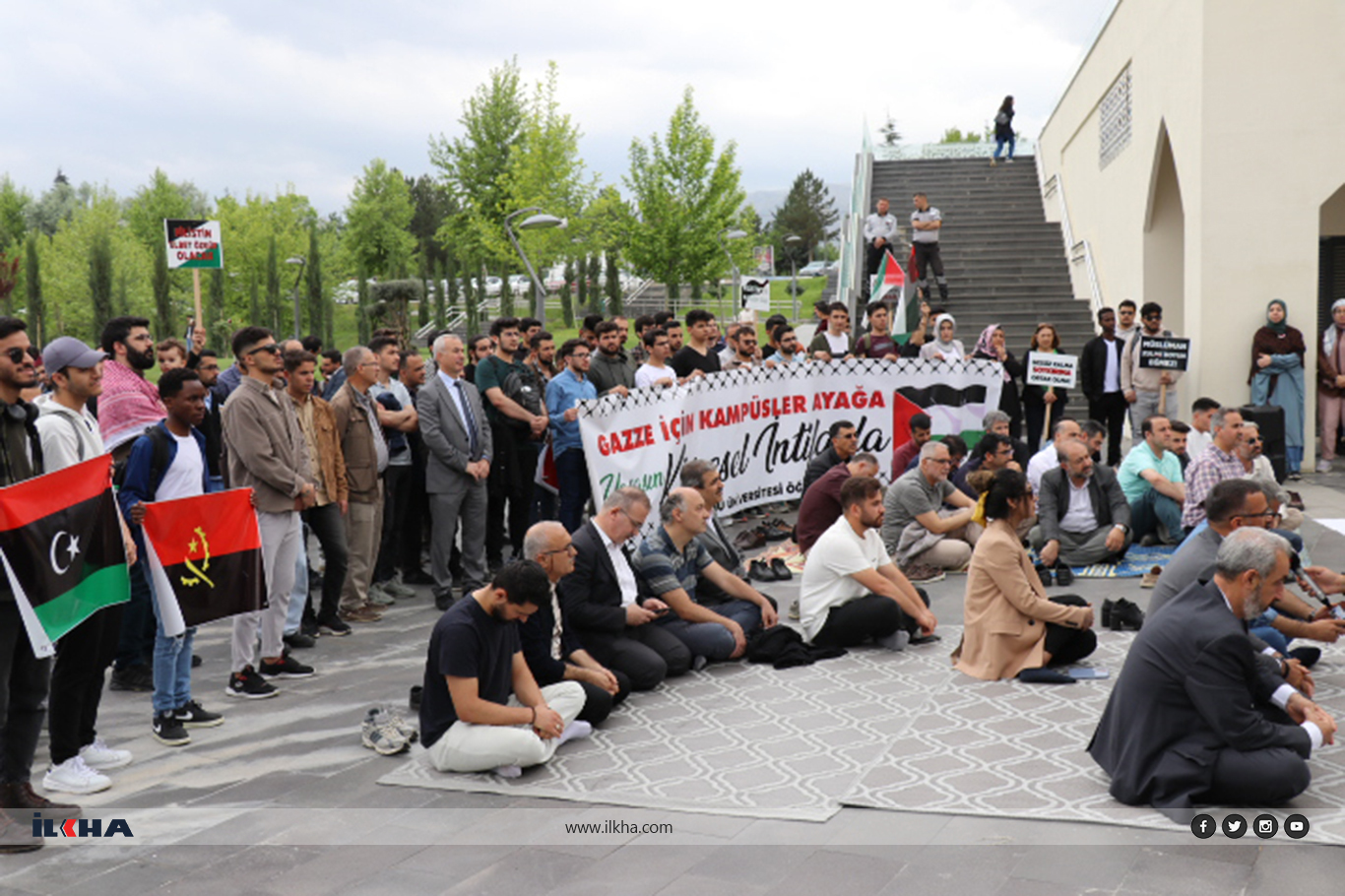No evidence those recovered are protected from a second infection, WHO says
As coronavirus pandemic has now killed nearly 200,000 people worldwide, World Health Organization warns against “immunity passport”.
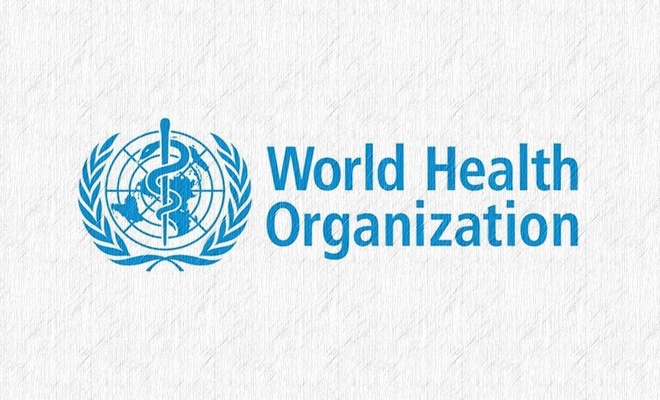
 Google News'te Doğruhaber'e abone olun.
Google News'te Doğruhaber'e abone olun. The warning came as some countries suggested that the detection of antibodies to the SARS-CoV-2, the virus that causes COVID-19, could serve as the basis for an “immunity passport” or “risk-free certificate” that would enable individuals to travel or to return to work assuming that they are protected against re-infection.
“There is currently no evidence that people who have recovered from COVID-19 and have antibodies are protected from a second infection,” WHO said.
Underlining that the development of immunity to a pathogen through natural infection is a multi-step process that typically takes place over 1-2 weeks, WHO said: “The body responds to a viral infection immediately with a non-specific innate response in which macrophages, neutrophils, and dendritic cells slow the progress of virus and may even prevent it from causing symptoms.”
“WHO continues to review the evidence on antibody responses to SARS-CoV-2 infection.2-17 Most of these studies show that people who have recovered from infection have antibodies to the virus. However, some of these people have very low levels of neutralizing antibodies in their blood,4 suggesting that cellular immunity may also be critical for recovery. As of 24 April 2020, no study has evaluated whether the presence of antibodies to SARS-CoV-2 confers immunity to subsequent infection by this virus in humans.”
“At this point in the pandemic, there is not enough evidence about the effectiveness of antibody-mediated immunity to guarantee the accuracy of an “immunity passport” or “risk-free certificate.” People who assume that they are immune to a second infection because they have received a positive test result may ignore public health advice. The use of such certificates may therefore increase the risks of continued transmission. As new evidence becomes available, WHO will update this scientific brief,” WHO concluded. (ILKHA)



























